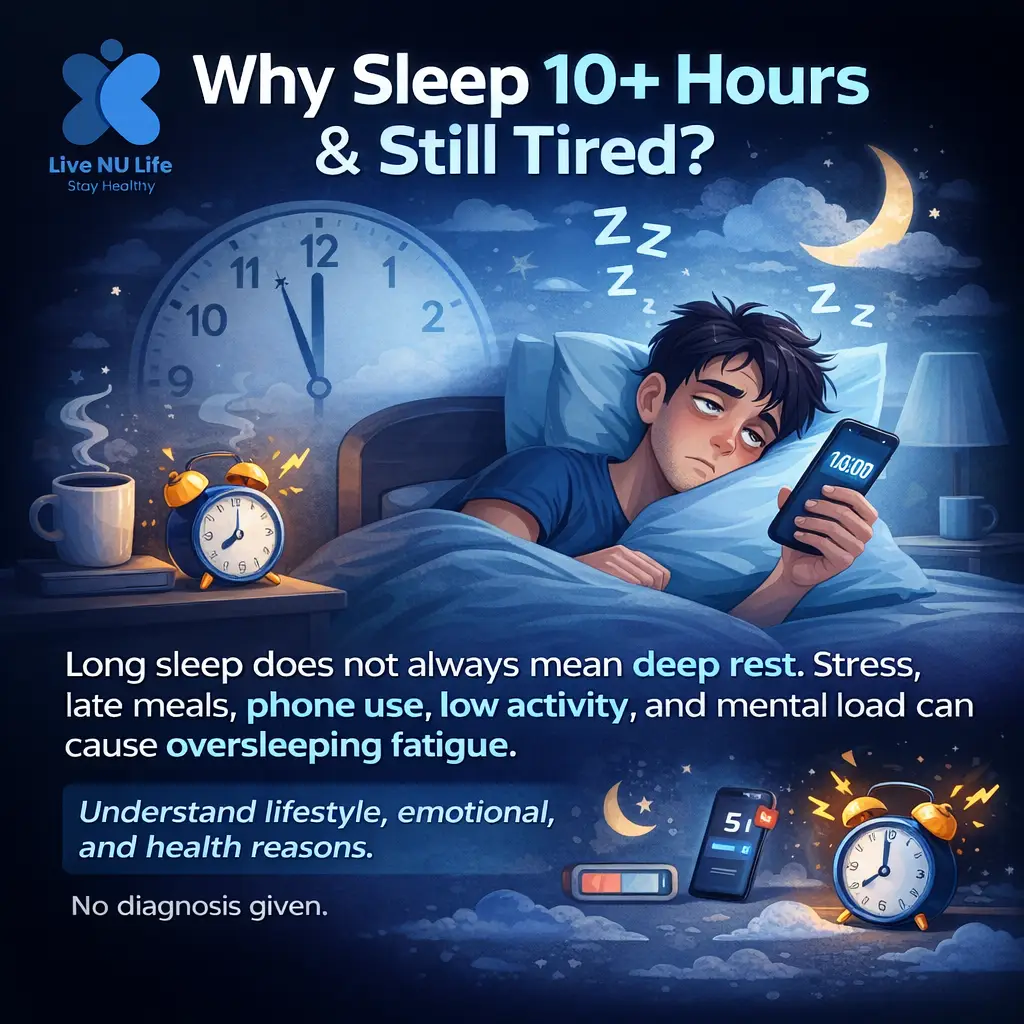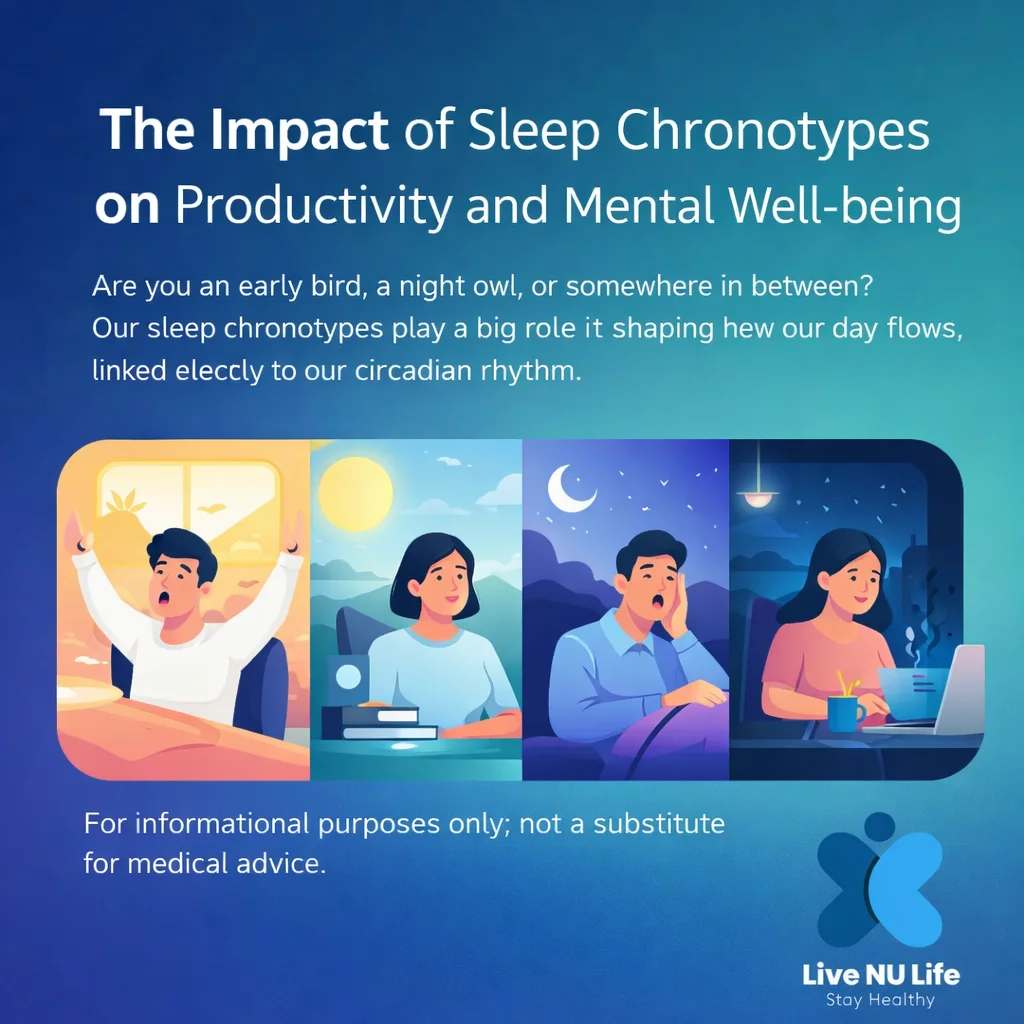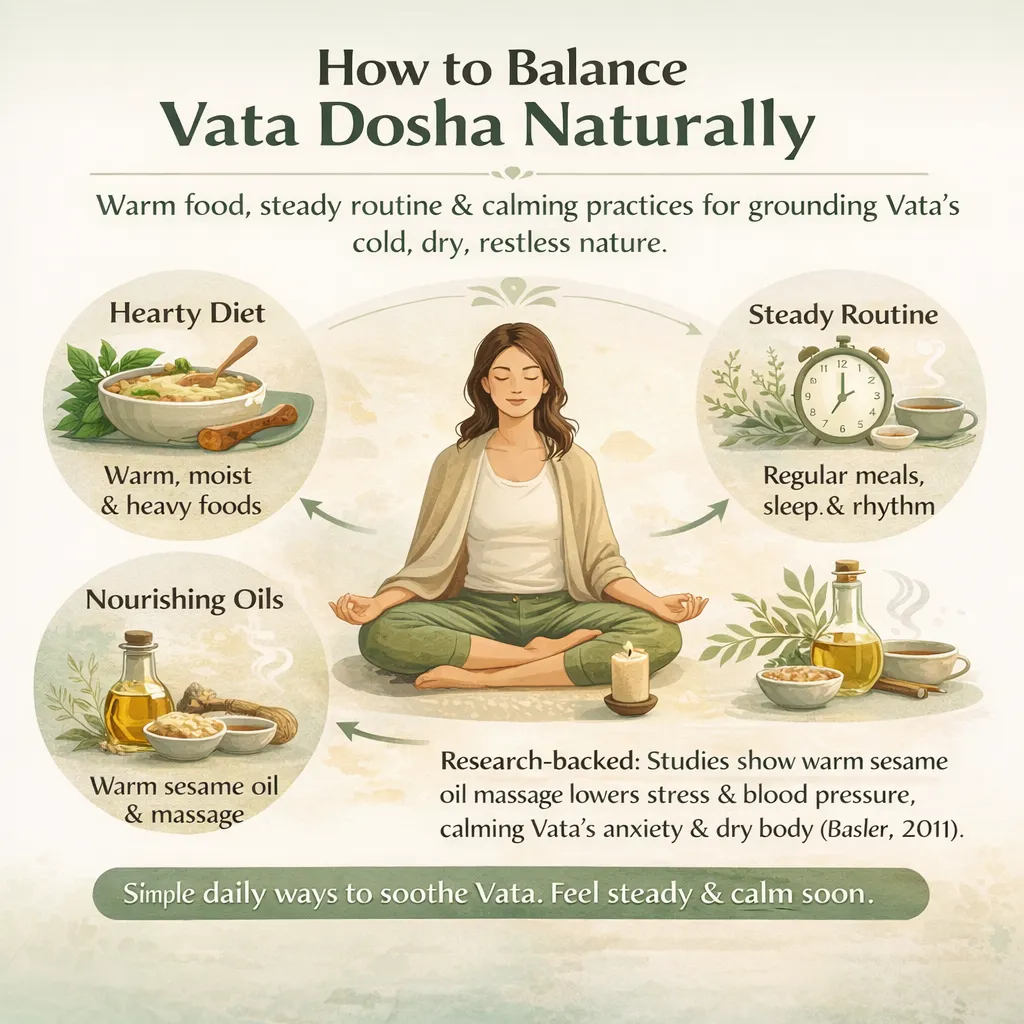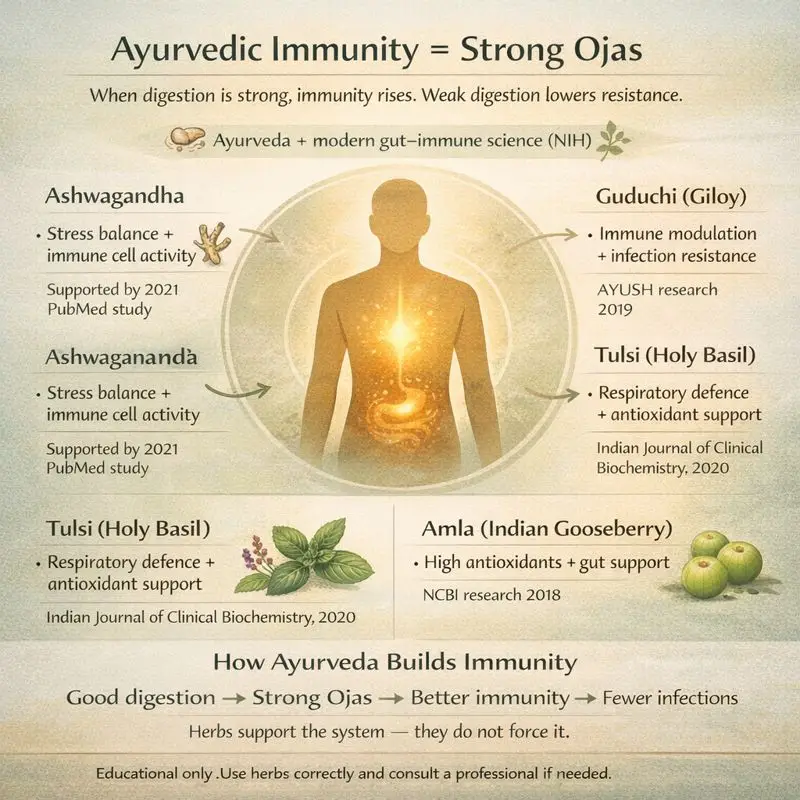Want Health and Fitness Tips?
Where the life pulse runs so fast, are any care towards body and soul an absolute necessity or an option? The person attends a tough job with stresses of family life; he wants to finish the assignment while taking care of his health; it feels overwhelming.
This is where Health and Fitness Tips come in: they do not set unrealistic goals but build habits that fit into lifestyle and grow with you over time. These practical Health and Fitness Tips are especially designed to help you cope with modern life’s fast pace without sacrificing your well-being.
Whatever your age and fitness levels, this guide will suggest straightforward but very effective techniques to improve your health, clarity of mind, and energy levels. No need for drastic change—simply implement beneficial habits now.
Eat to Feel Great
Have you heard the phrase, “you are what you eat”, and it rings true? Every bite that enters your plate becomes part of you and forms the basis for healthful living—from vegetables and fruits, lentils, whole grains, healthy fats and clean protein to more traditional home-cooked Indian dishes like Dal Roti Sabzi Curd!
Focusing on whole food intake such as these items as an approach is best to healthful eating! As part of effective Health and Fitness Tips, your diet should support both energy and long-term well-being.
Keep hydrating
For starters, sucking down a glass of warm water or idea water such as herbal remedies from jeera or fenugreek will flush your system and boost digestion. What a combined set for detoxification and also a fabulous kick to digestive health!
In case you have an autoimmune disease, including chronic inflammation in your symptoms, food choices become real.

Do Something Active Every Day
Stay Fit without the Gym
A number of activities keep us moving—climbing stairs, dancing, stretching, and playing with children.
Make Movement Your Daily Routine
Casual or light physical activities must be done every day, especially when one is dealing with any joint-related concerns like Shoulder Tendonitis or other repetitive strain injuries.
Try to fit in half an hour of exercise ejaculated throughout your day—ideally, 10 minutes in the morning, 10 minutes around lunch, and another 10 in the evening. Walking around 6,000 steps will support cardiovascular functioning, burn extra fat, and psychologically speaking, make one happy!
No Time? No Worries
Being short on time should not be a reason for you to not engage in fitness activities to boost juices and the metabolism or countering exercises for muscle strength that would make a person weary and tired of exertion.
Micro-workouts can be done in the form of simple bodyweight movements for about five minutes, exercises such as push-ups, squats, or planks, all of which have good metabolic and strength-building value, but they should not produce tiredness or boredom.

Yoga
Yoga is another means by which one can focus on physical fitness while also attaining rest for the mind. The 15 to 20 minutes required for Surya Namaskar, stretching, or guided yoga flows will surely be positively transformative for someone’s wellbeing.
Rest and Recovery are Equally Important
Recovering as much maintains one’s fitter body as exercising itself. One should catch between 7-8 hours of deep restorative sleep every night before his body could repair, strengthen and recharge after a workout.
Overtraining without enough time for recovery can make one tired to the bone, naggingly irritable or else an injured burden. Rest days, power naps or mild stretches in the evening might give the much-needed hot energy boost to help obliterate burnout.
Strengthen the Mind-Body Coordination
Meditation and Breathing Techniques
In this practice, Pranayama is used to either lessen anxiety or create concentrations due to its hormonal balance. Use Anulom Vilom, or alternate nostril breathing, or perhaps deep ego-filling breaths from the bottom of the stomach to calm the nervous system and once again give you that fresh awakening.
Mindfulness and breathing can also assist those dealing with pain or discomfort from conditions like What is Tennis Elbow by reducing tension and improving recovery.
Limit Screen Time and Digital Noise
Digital overload can be real. First come constant notifications, infinite scrolling, and bad news. All these have a price on your health. So, create screen-free zones: one during meals and another hour before bedtime.
This time may be utilized for physical activities. Walk, stretch toward sleep, or simply read and relax!
Utilize Smart Tools and Local Wisdom
Fitness apps and smartwatches offer numerous tools that can assist with tracking sleep, steps, calories burned, stress levels and much more. When used effectively they should act as tools instead of crutches; allow their use to guide awareness rather than control it.
Respect the rich wisdom of traditional Indian practices as well. It is no clean sweep, but drinking turmeric (haldi) milk to gargling with warm water and turmeric daily should become a normal part of life. These ancient traditions have been in practice since ages will not only give your immune system a real competition but it is also food to your tummy
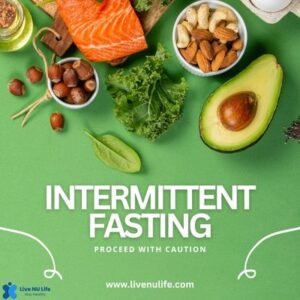
Intermittent Fasting: Proceed with Caution
Intermitting fasting is something that you will have to approach with some caution as while it has exploded in popularity in recent years and its hype has spread like fire in the brush. Intermittent fasting would, in theory, give your digestive system a little break while making you more insulin sensitive and helping you lose weight while also retaining muscle.
Slow start: The best way to ease yourself into the practice of fasting is to start with a 12:12 window, or 12 hours of eating and 12 hours of fasting, before transitioning into the more effective windows of 14:10 or 16:8.
Keep an ear out for your body; if you start getting fatigued or very dizzy or Q: Do-just-into-eating-very-fast- overeating-is-just-some-symptom-at-this-time-just-stop.
Journaling and Self-Tracking
Using a journal or a tracker app assists in keeping ourselves accountable to our own goals in a more casual manner, rather than obsessing over the act of tracking. By keeping track of what you are training, your daily water goal, if you’re waking up rested, and how many times you had an emotional moment with food you can see in black and white which foods give you the most energy and which foods drain you, which habits give you the most energy and during which times are productive to take action on those habits.
This all will support longer-term habits aligned with What is Fitness and Nutrition darianistic, ensuring you are focusing on not just training physically but also putting nourishing fuel sources in your body.
Explore proven methods to extend your health span in our post on Science-Based Longevity Protocols for Optimal Aging and discover how to age stronger, healthier, and smarter.”
Create a Community
Don’t try to do this all by yourself. Associates in online training groups for fitness, yoga classes, or WhatsApp groups! Sharing victories and challenges makes the whole experience richer.
Discuss your goals with your family. Once they understand why, they’re likely to offer their help by cooking healthier meals or joining you on evening walks.
Discover 10 essential habits to boost longevity in our guide: 10 Daily Habits to Extend Your Healthspan in 2025.
Final Thoughts
It’s never easy to start—all you have to do is take action! Singh says to implement small changes every week from amongst these Health and Fitness Tips to see positive changes on your path toward wellness.
For example, start the morning off right with some warm water or simply go for a 10-minute walk after dinner. Reaping rewards only encourages further commitment!
Always remember: Indeed, what is done upon the body, goes into a chain reaction. Feed it well, go on walks, take rest, and give yourself that kindness each step of the way.
Even healthier eating should not be set as a goal; it really needs to morph into just one of our daily choices.
learn more about health and fitness tips click here….
FAQs
Q: How Can I Fit Workouts into My Busy Schedule If Exercise Is Out of Reach?
To start any form of physical fitness training program, start small—even three Surya Namaskar or 10 minutes of walking can make a significant difference! Use break time at work to stretch or walk as regularly as possible—remembering the most important factor here is moving consistently regardless of duration!
Q: Is Intermittent Fasting Safe for Everyone?
Unfortunately, the answer is no. Pregnant women, diabetics, and people who are suffering from eating disorders should seek professional counsel prior to any attempts at fasting. Have an open ear for what the body’s saying and go see the doctor anyway before undertaking an intermittent fast.
Q: Amount of protein I needed to consume daily?
The answer depends on your age, gender, and activity level. In general, 0.8-1 grams per kilogram may be taken as your goal range. These could be derived from lentils, eggs, paneer, nuts, seeds, and lean meats to meet this goal range, providing an assortment of protein sources.
Q: Should Fermented Foods Be Part of My Diet Plan?
Fermented foods don’t need to be part of our daily meals; yet they may help improve health in ways other than digestion and immunity building. Some examples include curds, pickles and idlis containing friendly bacteria. Gradually including at least one small serving into daily meal plans could be an ideal start!
Q: Could I Swap Out My Gym Workout for Walking Instead?
With the day winding down, and the sunset fading somewhere, go out and enjoy a nice 30- to 45-minute walk—burn calories while toning abdominal muscles and performing stretching exercises, calisthenics, and general fitness for the entire body!


